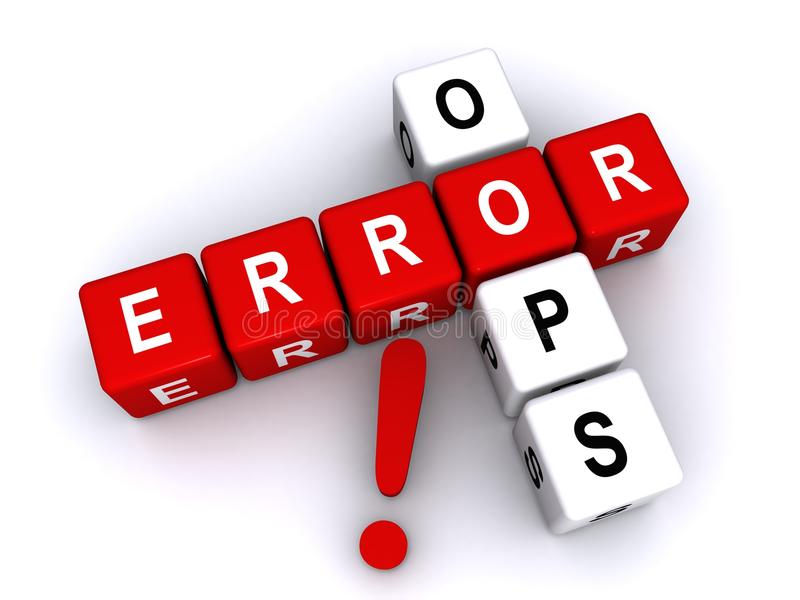The internet has always been fast to go viral for cute animals, and TikTok is no exception to the rule, with videos of adorable animals receiving astronomical amounts of views and likes. Some owners create accounts just for their animals, and these frequently gain sizable fan bases on their own.
They frequently serve as the focal point of trending topics on the app, with the most recent one involving individuals posing with their dogs in front of the sound “I was born a dog, I identify as a dog, but according to my mum, I merely a baby.”

Role Of Tik Tok
In a video released on TikToker by @rott n chugs on May 1st, 2022, a small girl can be heard responding, “I just a baby,” after the puppy states, “I was born a dog, I identify as a dog, but according to my mom.” The video had over a million views in just two weeks (shown below).
Over 100,000 films were created by May 19th as a result of the “I was born a dog” original sound becoming viral throughout the month. The majority of videos overlay the quote with adorable footage of puppies and dogs. For instance, on May 2nd, the TikTokers @sterlingshadow2 and @goldenbearollie released videos with sound.
Read Also:
- Are Jake And Logan Paul Twins
- And Just Like That… Tragically Hip
- What To Know Before Watching No Way Home
What exactly is the TikTok fad of “I was born a dog, I identify as a dog”?
An account called rott n chugs on TikTok uses popular pet-related sounds in their videos featuring their three dogs, Peanut, Daisy, and Harley. This account first shared a video with its own voiceover on May 1, 2022.
As Peanut, who looks like the cutest dog ever, says in a voiceover, “I was born a dog. I identify as a dog. But according to my mom… I’m just a baby,” the video has gone viral. The first three sentences are all delivered by the same person in this recording.
However, the “I’m just a baby” comes from another viral audio clip produced by user Little.Blooming.Women. When the mother in the Little. Blooming. Women audio file says to her child, “Coco, when Mommy says stop you say okay,” the child responds, “I’m just a baby.”
The mother then tries to emphasise that Coco should listen to her, but the child repeats, “I’m just a baby.” The audio has been reuploaded throughout the app.
The TikTok Phenomenon
TikTok, known for its short-form video content, has become a global sensation since its launch in 2016. With over a billion monthly active users, the platform has given rise to viral trends, dances, challenges, and a vibrant online culture.
TikTok’s algorithm promotes content rapidly, allowing trends to spread like wildfire and create communities around shared interests and humor.
The ‘I Was Born A Dog, I Identify As A Dog’ Trend
The “I Was Born A Dog, I Identify As A Dog” trend began as a playful and somewhat surreal phrase used by TikTok creators. Its simplicity and absurdity made it an instant hit, and soon, users across the platform were adopting it in their videos.
But what does this trend actually mean, and why has it resonated with so many people?
Exploring the Meaning
- Identity Exploration: The trend appears to playfully explore the concept of identity. By claiming to be a dog, creators are subverting traditional ideas of self-identity and inviting viewers to consider the fluidity and complexity of identity in the digital age.
- Escapism and Whimsy: “I Was Born A Dog, I Identify As A Dog” offers a brief escape from the complexities of daily life. It embraces whimsy and absurdity, reminding us that online spaces can be a realm of pure imagination and playfulness.
- Inclusivity and Acceptance: Some users have embraced the trend as a form of self-expression and acceptance. It allows individuals to identify with a group that values them for who they are, fostering a sense of belonging and inclusivity.
- Community Building: The trend has also led to the formation of online communities centered around this shared identity, where users can connect, collaborate, and engage in creative content together.
Impact and Implications
- Creativity and Adaptability: The “I Was Born A Dog, I Identify As A Dog” trend showcases the creative potential of TikTok and the platform’s capacity to adapt and evolve with new ideas and concepts.
- Digital Subcultures: The trend highlights the emergence of digital subcultures and communities that form around niche interests and identities, challenging conventional notions of belonging and identity.
- Discussion on Identity: The trend sparks conversations about identity, self-expression, and the malleability of digital personas. It encourages users to consider the ways in which they present themselves online and the fluidity of identity in the digital realm.
- Internet Culture and Humor: The trend exemplifies the unique sense of humor and irony prevalent in internet culture. It’s a testament to the way internet communities embrace absurdity and satire as forms of self-expression.
- Impact on Mental Health: For some users, the trend provides an outlet for self-acceptance and mental well-being. It offers a lighthearted approach to exploring identity and finding a sense of belonging in online spaces.
Read Also:
- How Many Rings Does Javale Mcgee Have
- When Will We Know Who Won The Election
- Conspiracy Video Platform Rumble Is Recruiting Its Own Motley …
Final Word
Garnering over 9.4 million and 9.7 million views, respectively, over the course of two weeks (shown below, left and right). Distractify reported on the trend on May 13 and Dexerto on May 16 respectively.


